


Chinese science fiction film The Wandering Earth has received much attention from home and abroad. The original story's author, Liu Cixin, best known for The Three-Body Problem, lately answered some of the contentious questions at his home in Yangquan in North China's Shanxi Province, according to a report from the People's Daily.
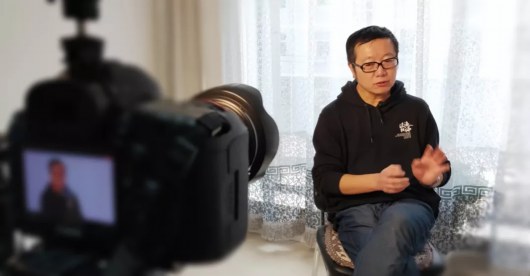
This interview contains some spoilers, so if you have yet to see the film, perhaps read once you have done so.
In the movie, when the Sun was about to be destroyed, people started a desperate plan called "the Wandering Earth", trying to move the Earth away from the solar system and look for a new home for humanity.
Q: Do you think the phenomenon in the movie could really occur?
A: I don't think so, since the Sun is extremely stable. But if some changes really happened to the Sun, it would be a very long process in the very far future.
Q: Someone expressed skepticism that some of the scientific settings in the movie are realistic. What do you think of that?
A: Some settings are indeed not very strict scientifically, even a bug. It is for many different reasons such as the restrictions on photographic techniques and the plot.
For example, it is true that knocking out the camera couldn't destroy the Artificial Intelligence. But it can avoid the length of the film being too long. We try to balance the on-screen entertainment and scientific rationality as much as possible.
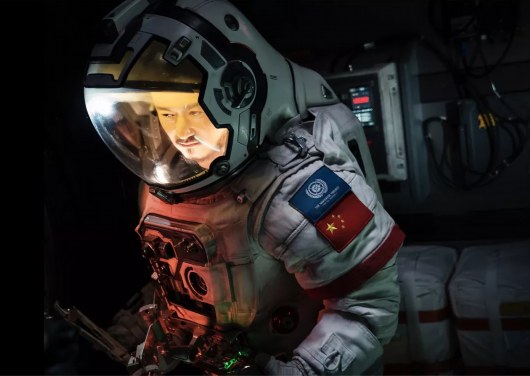
Q: Will the Wandering Earth be the first of a series?
A: It is not up to me. You can ask the producer. But I think if the box office demand remains, it would be absolutely feasible to make a second and even third one.
Actually, I hope all of my works can be filmed. After all, compared with novels, science fiction films have fewer restrictions.
Q:How should Chinese sci-fi films develop in the future?
A: First, sci-fi films should be diversified in multiple styles rather than limited by some model.
Secondly, an industrial system for sci-fi films must be established.
Thirdly, it is important to have original stories which are now in urgent need. A batch of good sci-fi screenwriters must be fostered.
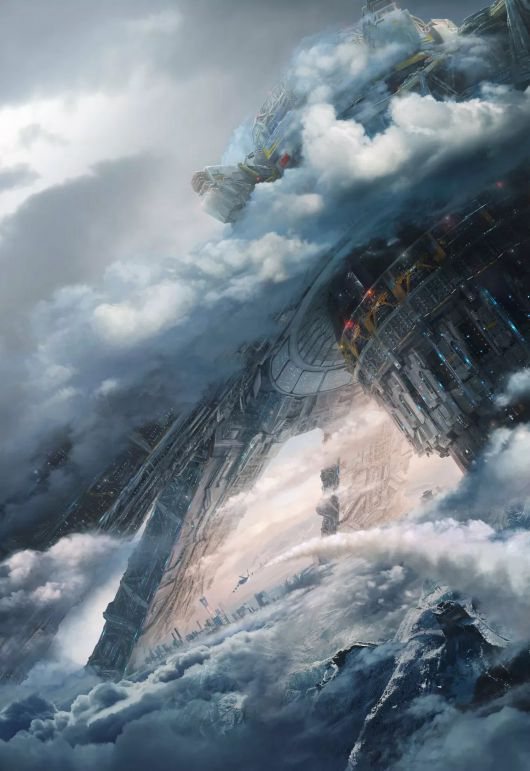
Q: Can sci-fi authors predict the future?
A: No. Anyone can do that, not just me, and even it is difficult to describe the future in 100 years. What we sci-fi authors do is not to predict, instead, we array many different kinds of possibilities. We couldn't exhaust all the possibilities, but only those most interesting and most impressive.
I often take an example of a still watch, which could tell the right time twice in a day. So, if you present enough possibilities, some of them will be true. But it is not prediction. Sci-fi writers haven't that magic power.
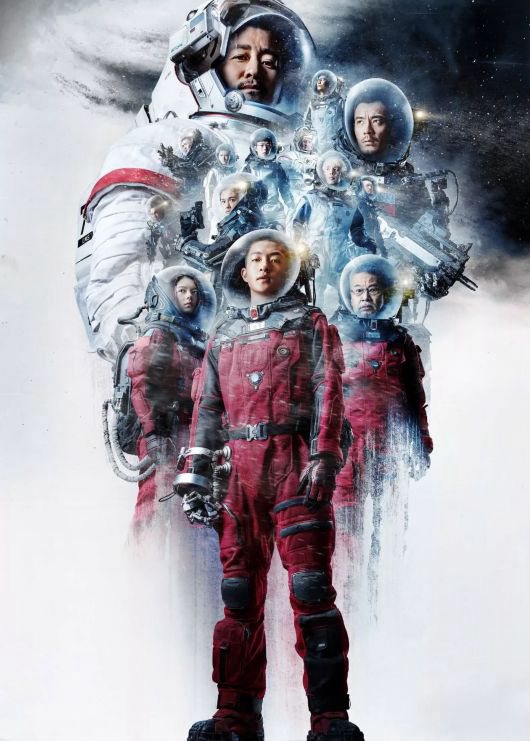
Q: What is the biggest frustration you have met in your writing?
A: It is originality that I get excited by. What supports me to go on writing are exciting ideas of mine, especially those permitting full-length novels. If I can't get excited, it is impossible to expect the readers to be excited.
As the film director repeatedly stressed, China's fast-emerging modernization creates a breeding ground for sci-fi literature and movies. What is the strongest feeling in China? It is future sense, namely, the attraction that the future brings to people, that promotes the prosperity of science fiction.
The rise of a nation leads to the rise of literature, which I think is extremely true for science fiction.
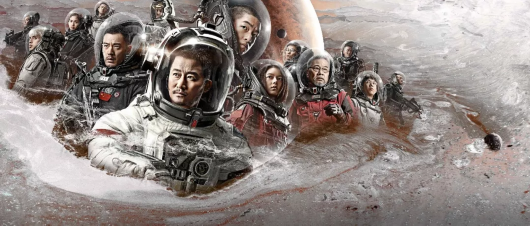
Q: Do you think you are lucky in this era?
A: An American writer told me that people who were born in the 1960s like me are the luckiest generation in China. No generation in human history has seen such Earth-shaking changes around them in their lifetime. I agree.
The world now is totally different from that of my childhood, which is really fortunate for a sci-fi writer. I am a product of the time. If I had been born in another era, I might not have become a sci-fi writer.